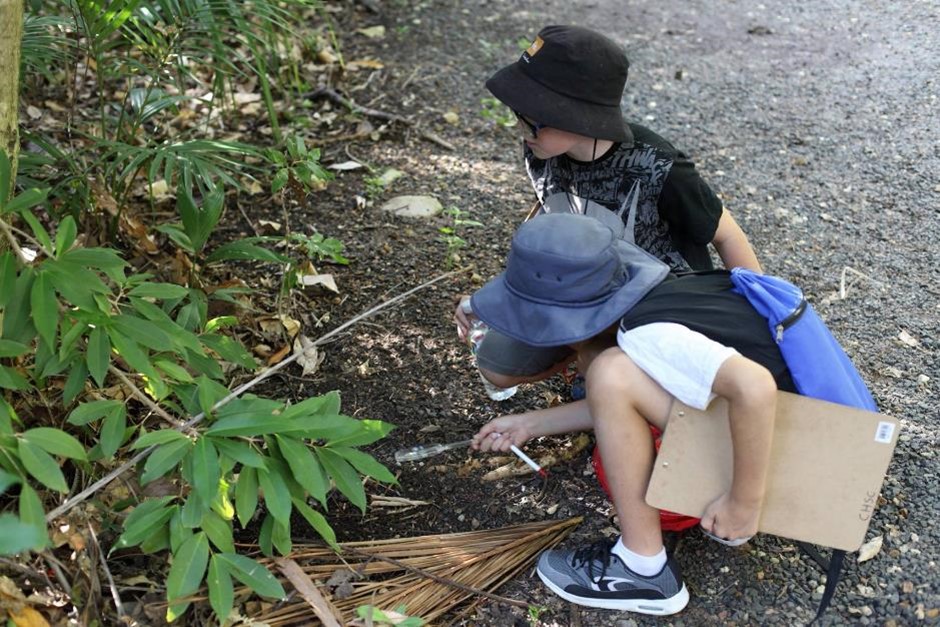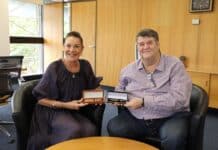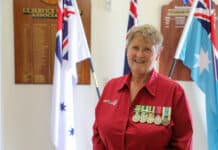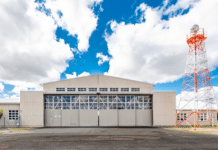
Two CQUniversity projects to be implemented in the Bundaberg Region have received more than $55,000 in combined grants.
The grants will support citizen science projects that tackle important issues in Queensland.
Assisted by the Queensland Government’s Queensland Citizen Science Grants, CQU’s Coastal Marine Ecosystems Research Centre (CMERC) received $29,573 for their project Sea Flowers: growing community engagement for seagrass restoration, while CQUni-led initiative Parasites in the Wild received $26,134.
CMERC Director Associate Professor Emma Jackson was thrilled to receive the funds to help boost their current seagrass restoration work while engaging with communities along the Queensland coast.
“Seagrasses are disappearing at an alarming rate, but the Sea Flowers project will contribute to the restoration of this vital flora.
“Through citizen science, we are able to involve local people, voluntary organisations and apprenticeship schemes to become involved in the non-destructive collection of seagrass flowers.”
She explained that the project will be implemented at intertidal seagrass banks within Gladstone, Bundaberg and the Sunshine Coast.

“The seagrass flowers will be used in seed storage, germination, viability and restoration by seed studies while educating and promoting the value of these habitats to the local community.”
Similarly, Parasites in the Wild project coordinator and Agriculture Lecturer Saba Sinai said the grant would help to facilitate community engagement with a focus on Science, Technology, Engineering, Arts and Maths (STEAM) activities.
“In collaboration with the Central Highlands Science Centre, we want to engage primary school-aged children in STEAM principles and approaches through parasitology-related activities.
“Although anyone in the Central Highlands community is invited to join our tick collection activities taking place over summer,” he explained.
“Participants will develop a project plan addressing a hypothesis through the scientific method. They will collect and identify ticks using field and laboratory equipment and easy-to-understand identification keys.
“They will also be able to get hands-on in the design and construction of laboratory and field equipment, including tick traps.”
Both citizen science projects are open for local communities to take part in scientific research projects and learn about the scientific process.
Citizen scientists provide valuable data and skills that might otherwise have not been available to scientists, which increases scientific knowledge and leads to better informed results all the while empowering the local community.
To get involved in these citizen science projects, visit:







